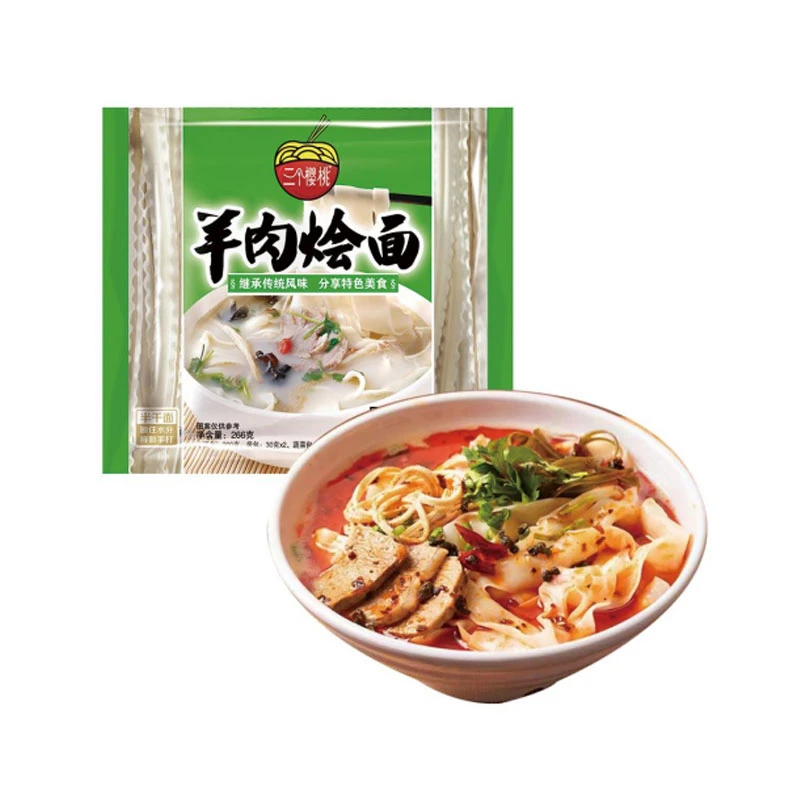Crafting Artisanal Udon Noodles at Home for Delicious Culinary Experiences
The Art of Handmade Udon A Culinary Journey
Udon, the thick wheat noodle that hails from Japan, is more than just a staple; it is a canvas for creativity and a symbol of culinary heritage. Handmade udon is particularly special. The process of making it by hand not only connects us to centuries of tradition but also reflects the passion and dedication of those who create it. This article delves into the intricacies of handmade udon, exploring its history, the art of its preparation, and the joy of enjoying this delightful dish.
A Brief History of Udon
The origins of udon can be traced back to China, believed to have arrived in Japan during the Nara period (710-794 AD). Over time, it evolved into a distinctly Japanese product, with regional variations emerging throughout the country. While the exact history is somewhat murky, udon has become integral to Japanese cuisine, celebrated for its versatility and heartiness.
The Essence of Handmade Udon
Making udon is an art form that requires skill, patience, and a deep understanding of ingredients. The primary components of udon are simple high-quality wheat flour, water, and a bit of salt. However, the magic happens in how these ingredients are combined and processed.
The process begins with measuring out the flour, typically a type known as ‘udon flour,’ which has a high protein content. The next step is the mixing phase, where water and salt are gradually added to the flour. The mixture is kneaded by hand, a labor-intensive method that not only builds the dough's elasticity but also allows the maker to determine the perfect texture—soft yet firm enough to maintain its shape during cooking.
One of the most crucial steps in making handmade udon is resting the dough. After kneading, the dough is wrapped and left to rest, usually for several hours. This resting period is critical as it allows the gluten to develop further, resulting in the signature chewy texture that udon is known for.
Rolling and Cutting The Heart of the Process
hand made udon

Once the dough has rested, it's time for rolling and cutting. A well-floured surface is essential to prevent the dough from sticking. The dough is rolled out into a thick sheet, approximately 1/4 inch in thickness. Precision is key during this stage, where consistency in thickness ensures even cooking.
Using a sharp knife, the rolled dough is then cut into strips. The width of these strips can vary, but traditionally, they measure about 1/4 inch. The cutting process is an art in itself—one must be attentive and skilled to create perfect, uniform noodles that will cook evenly.
Cooking and Serving Handmade Udon
Once the noodles are cut, they are typically boiled in water. Fresh udon cooks much faster than dried noodles, usually taking a mere 2-4 minutes. The result is a fluffy, chewy noodle that is a delight to the palate.
Handmade udon can be served in various styles. One popular presentation is in a hot broth, known as ‘kake udon,’ often garnished with green onions, tempura, or a raw egg for added richness. Alternatively, they can be served cold, accompanied by a dipping sauce, perfect for hot summer days. Each bowl tells a story, showcasing local ingredients and culinary traditions.
The Joy of Handmade Udon
In Japan, making udon is often a communal activity, bringing families and friends together. The tactile experience of kneading the dough and the satisfaction of creating something from scratch foster a sense of connection to both ingredients and each other.
For those who are adventurous, making handmade udon at home can be a rewarding experience. With a bit of practice, anyone can master the craft and enjoy the delightful flavor and texture of freshly made noodles.
In conclusion, handmade udon is a testament to the beauty of simplicity in cooking. It embodies tradition, artistry, and the joy of sharing a meal with loved ones. Whether enjoyed in a bustling restaurant or in the comfort of your home, handmade udon promises a unique and delightful culinary adventure. So, roll up your sleeves and dive into the world of handmade udon; the journey is as rewarding as the delicious destination!
-
Fast Cook Noodles: Convenient Staples for Modern LifestylesNewsAug.23,2025
-
Italian Noodles: Versatile Staples of Global CuisineNewsAug.23,2025
-
Italian Noodles: A Timeless Culinary HeritageNewsAug.23,2025
-
Instant Cold Noodles: A Refreshing Culinary ConvenienceNewsAug.23,2025
-
Buckwheat Noodles: The Art and Nutrition of Handmade SobaNewsAug.23,2025
-
Low Calorie Soba Noodles: A Nutritious Choice for Healthy EatingNewsAug.23,2025
-
The Wholesome Delight of Organic NoodlesNewsAug.15,2025
Browse qua the following product new the we







